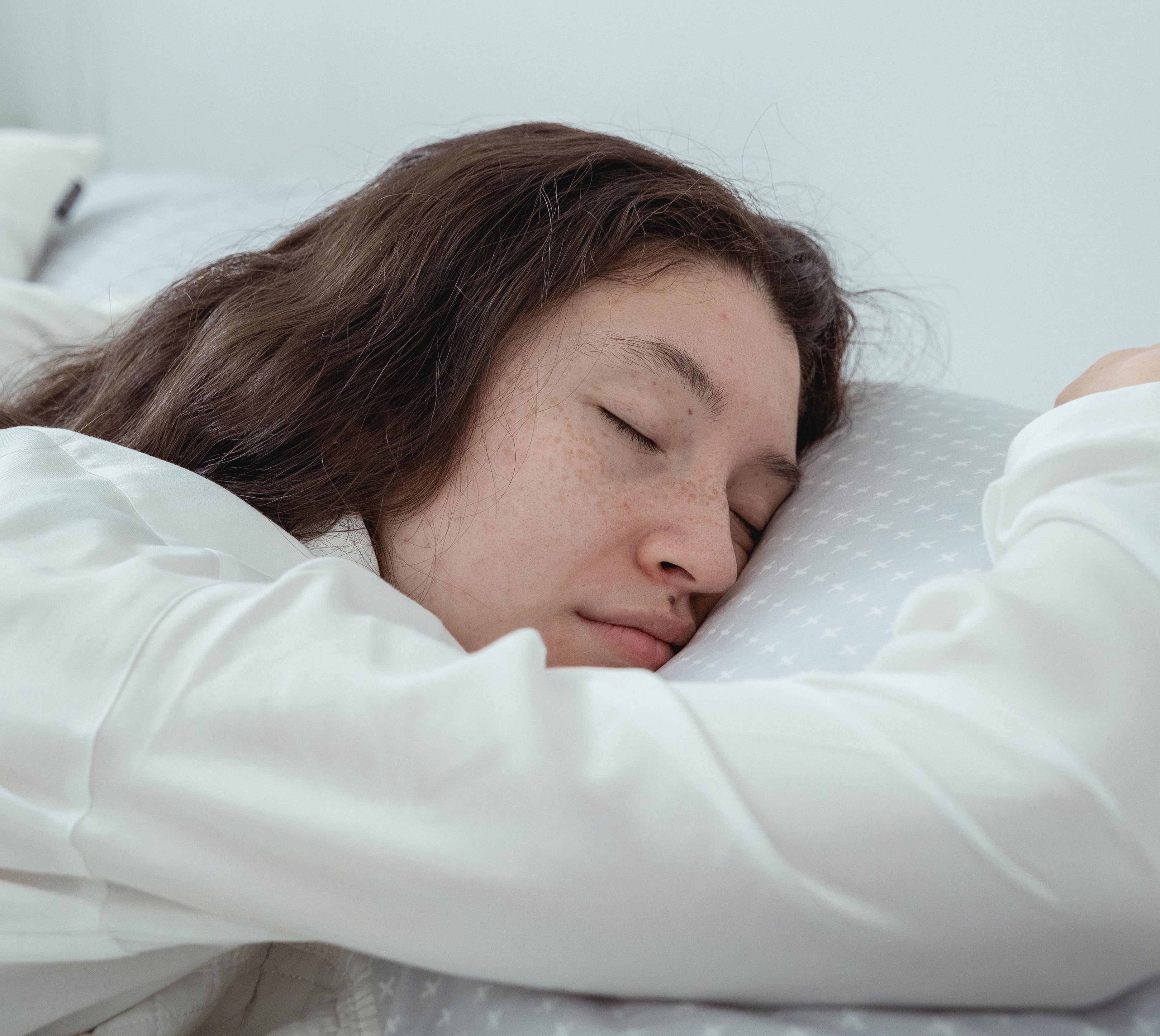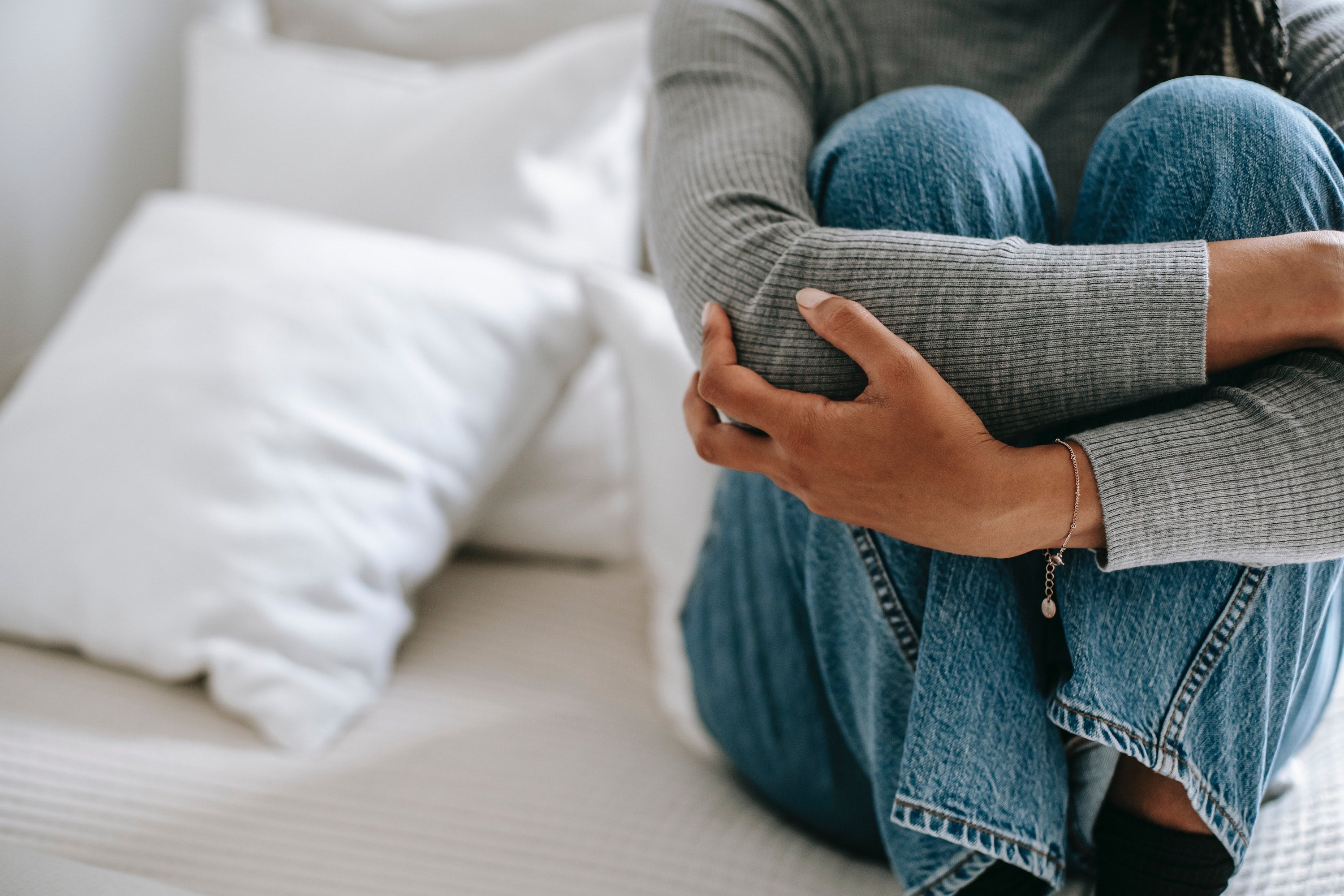Everything You Wanted to Know About Sleep Music
Rumor has it that certain kinds of music, such as peaceful music, can help you get better sleep.
The truth, according to the National Sleep Foundation, is that our brains are very sensitive to noise even while we’re asleep. That means that simple noises alone can disturb our sleep, essentially ruining a good night’s rest.
However, it also means that certain noises, i.e. soothing music, can help us fall asleep faster and stay asleep.
In this article, we’re going to discuss sleep music and the science behind it. So, if you’re one of the many individuals out there having trouble falling and staying asleep, and you’re interested in learning more about sleep music, keep reading.
What Exactly Is Sleep Music?
There’s a universal truth to the lullabies that were sung to us as children and that we sing to our children to quite literally lull them to sleep. Throughout history, there have also been a number of composers and musicians that have written in the key of “Zzz,” so to speak, to offer their audiences the tool of soothing relaxation.
But what exactly is the genre of sleep music?
Essentially, sleep music has a baseline of 60 beats per minute. These 60 beats per minute encompass everything from certain classical works to the meditation music found on YouTube—also referred to as binaural beats.
This soothing baseline offers noise with little variation, which can help soothe the listener into a deep sleep and remain asleep throughout the night. It also does the job of masking other sounds, both externally and internally, creating a soothing atmosphere that’s primed for rest without disturbances.
Can Relaxing Music Really Help You Sleep Better?
You may be able to recall at least one time in your life when you’ve nodded off to some relaxing music. But what about when you decide to add deep sleep music to your nightly regimen for the sole purpose of beating insomnia or anxiety or all of the other stressful things keeping you up at night?
According to several worldwide studies and research on the sleep-music connection, the right kind of sleep music can indeed help all types of people get quality shut-eye.
For example, in one study, a group of adults that listened to 45 minutes of music before going to bed experienced better sleep quality starting on the first night. This same study also showed that over time, the participants that continuously incorporated music into their nightly sleep regimen, the more their sleep quality increased.
All of these studies are based on the scientific fact that the ability to hear music involves a series of steps that convert sound waves into electrical signals in the brain. Upon interpreting these sound waves and signals, certain physical effects are triggered within the body.
These effects either promote sleep directly or work to reduce sleep interferences.
One way that sound wave interpretations promote sleep is by the way they affect the body’s hormones. Specifically, the stress hormone cortisol. When an individual is experiencing stress, their cortisol levels become elevated, which increases alertness and consequentially, poor sleep.
According to several studies, soothing music can decrease the levels of cortisol in the body which automatically helps release stress, putting you at ease.
Additionally, music also triggers the release of dopamine, the hormone associated with the same pleasures we experience when eating, after exercise, sex, and other activities. This dopamine release can also help mitigate pain, which is another interfering element that contributes to sleep issues.
Lastly, relaxing music can also help soothe the autonomic nervous system, which is the system responsible for our natural unconscious processes such as heart, lung, and digestive system functions.
Soothing music with the aforementioned baseline of 60 beats per minute helps calm these autonomic functions which lead to slower breathing, reduced blood pressure, and a lower heart rate. In turn, mental relaxation is also encouraged, allowing for healthier and more restful sleep.
What Should You Listen to Before Bed?
If you’re thinking about adding sleep music to your nighttime routine, the most important thing aside from making it a healthy habit is choosing the best type of music for you.
When it comes to appropriate sleep music, there is a very diverse list of genres and playlists to choose from. While most scientific studies will suggest choosing music with a baseline of between 60 and 60 beats per minute, you’ll also want to choose based on your own preferences.
If you’re unsure of where to start, there are plenty of carefully curated playlists specifically designed for deep sleep, soothing relaxation, and insomnia relief.
Getting a good night’s rest on a consistent basis is incredibly important for your overall health and wellness. Not to mention, no one wants to carry on throughout their day feeling too exhausted to complete even the most simple tasks—and you shouldn’t have to.
The music is there for you. All you have to do is try it out and see the results for yourself.
Want to learn more about natural and holistic approaches to better health and wellness? Check out our journal today!





